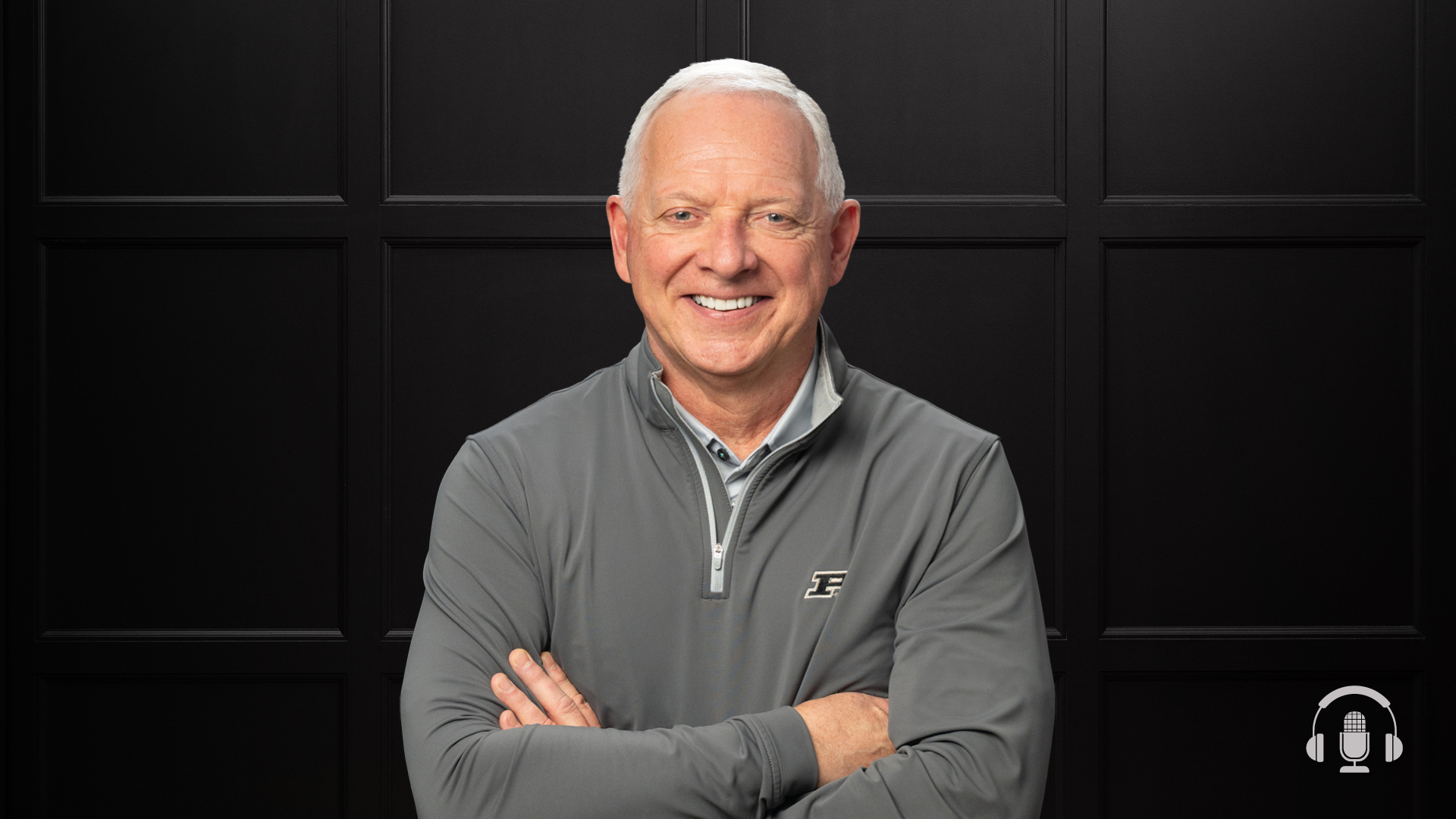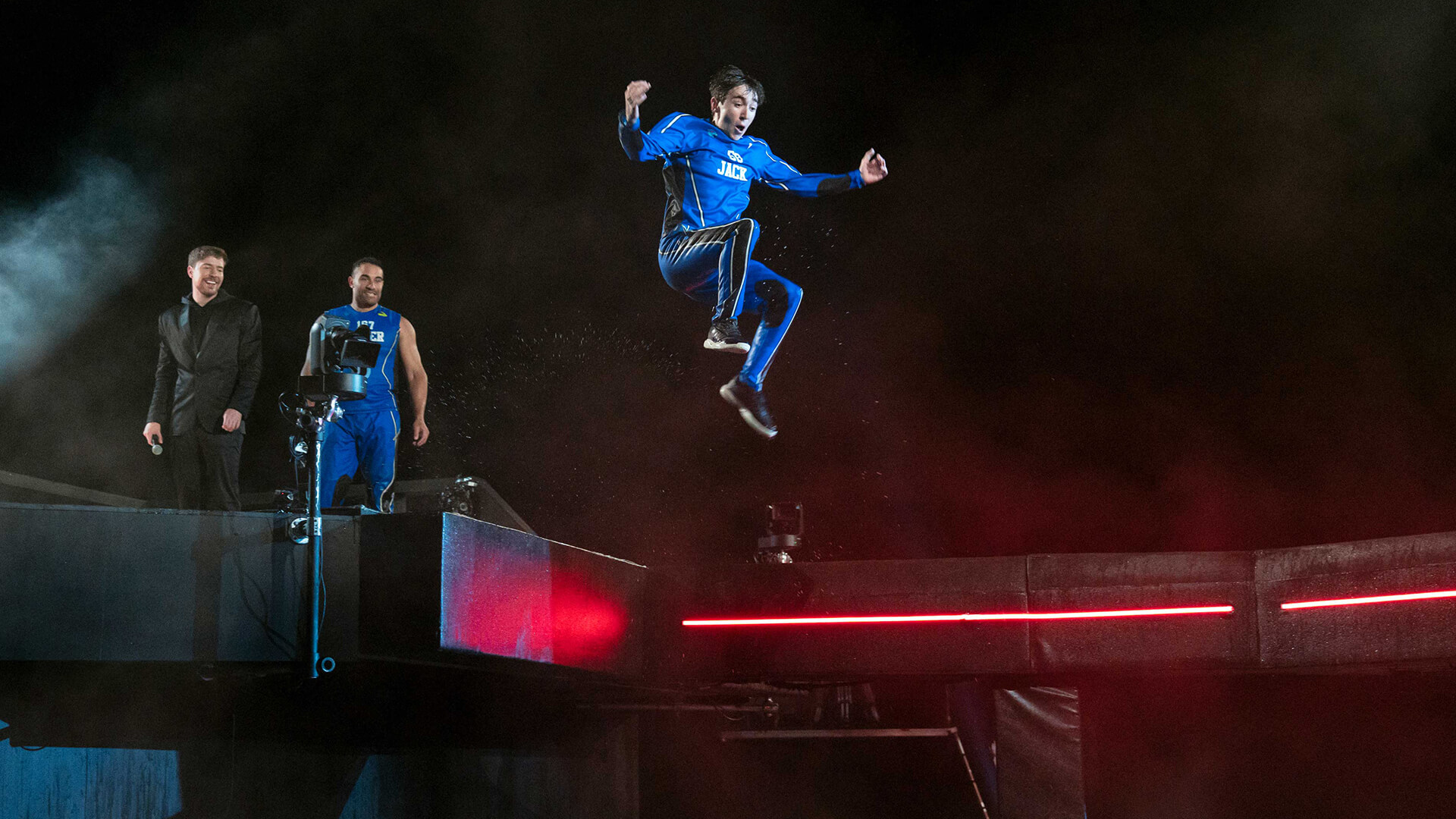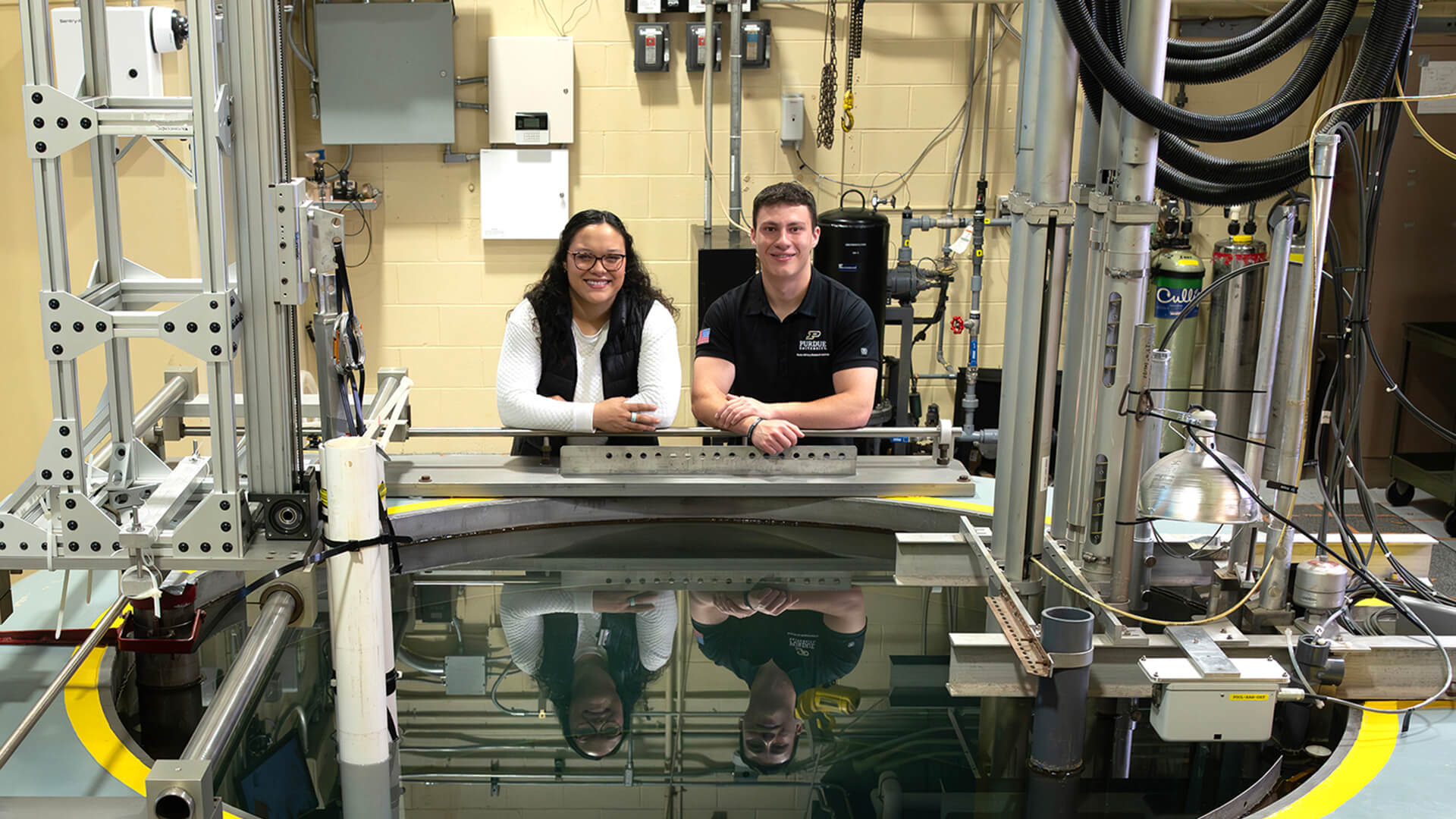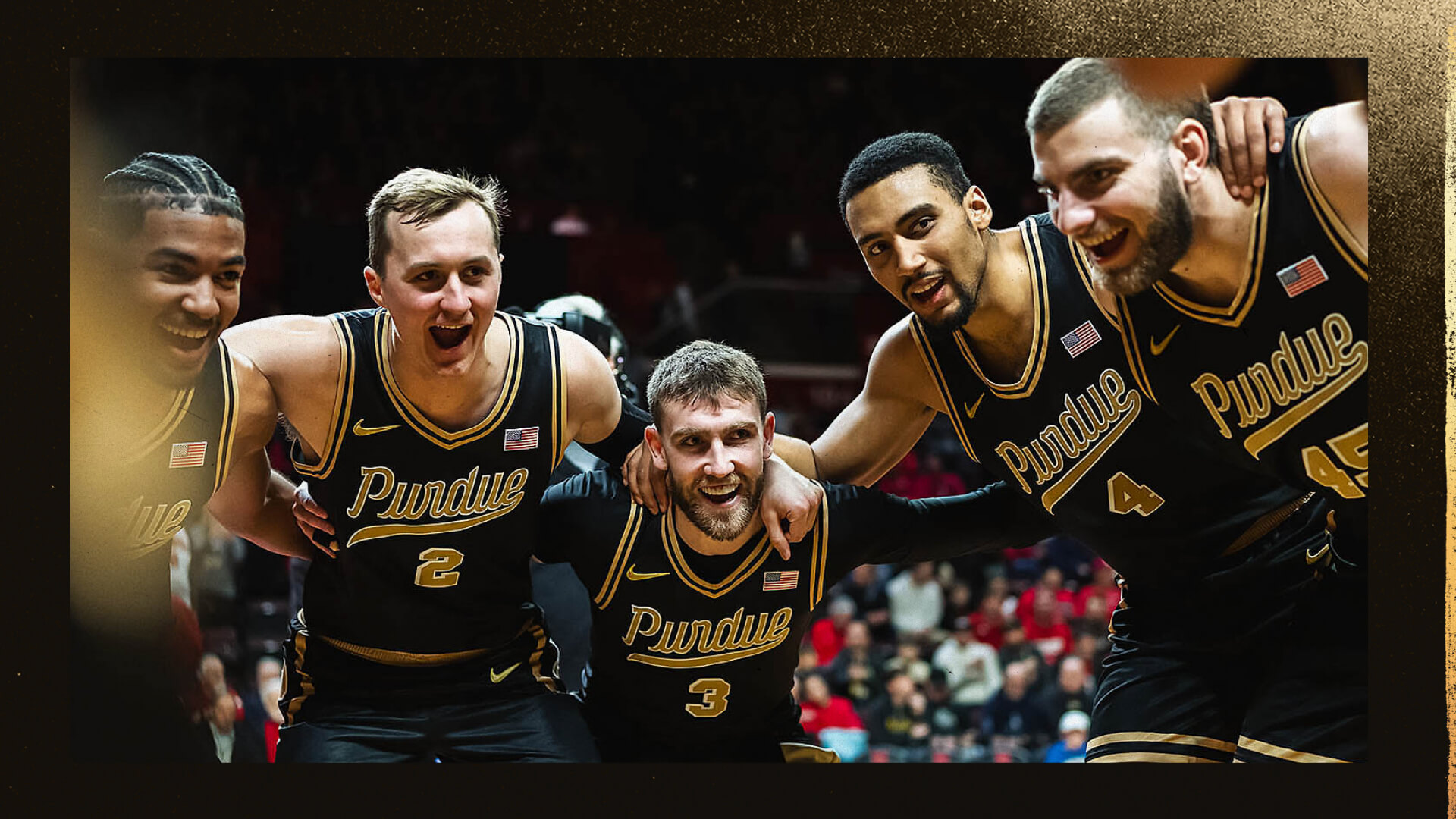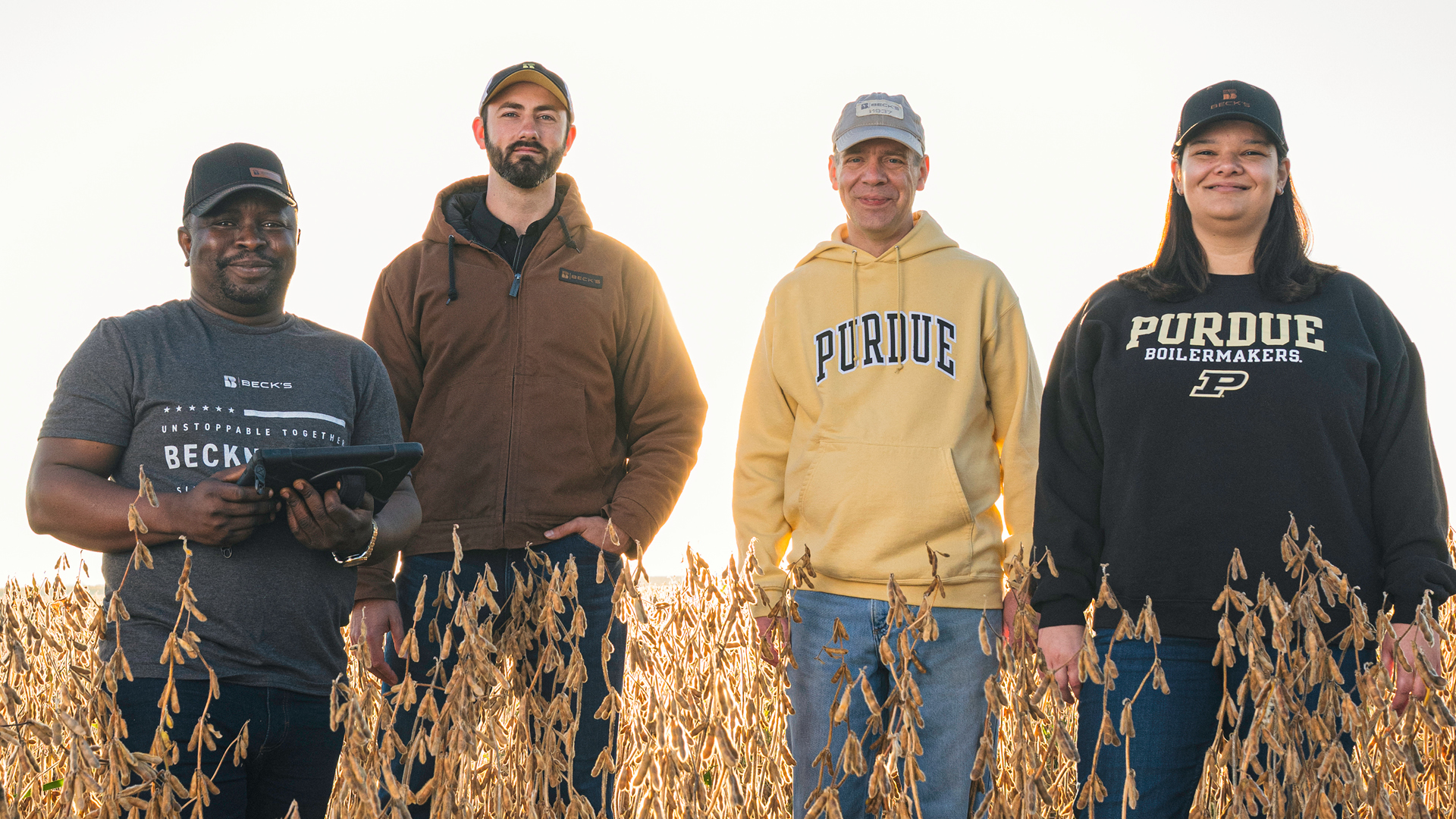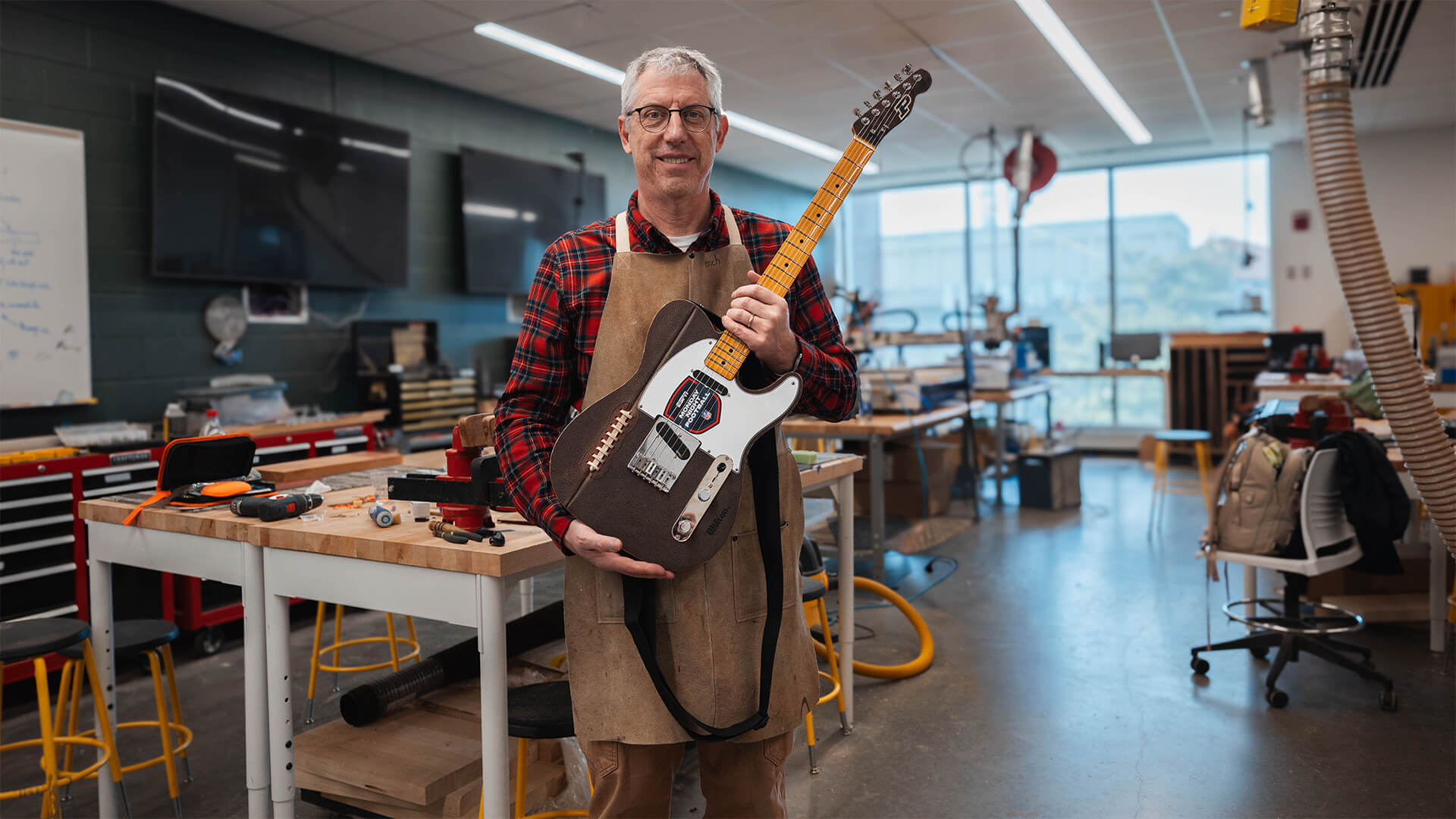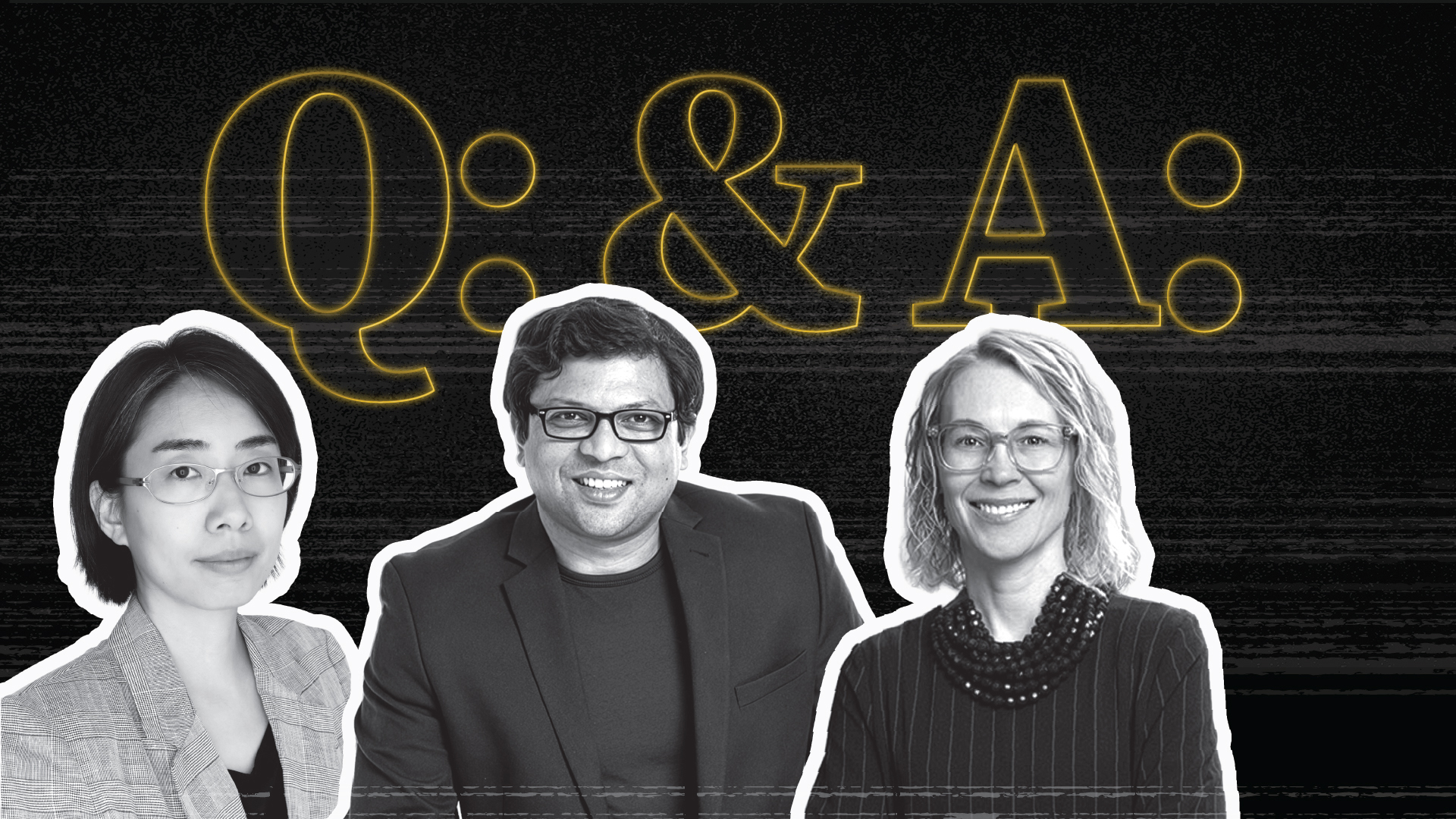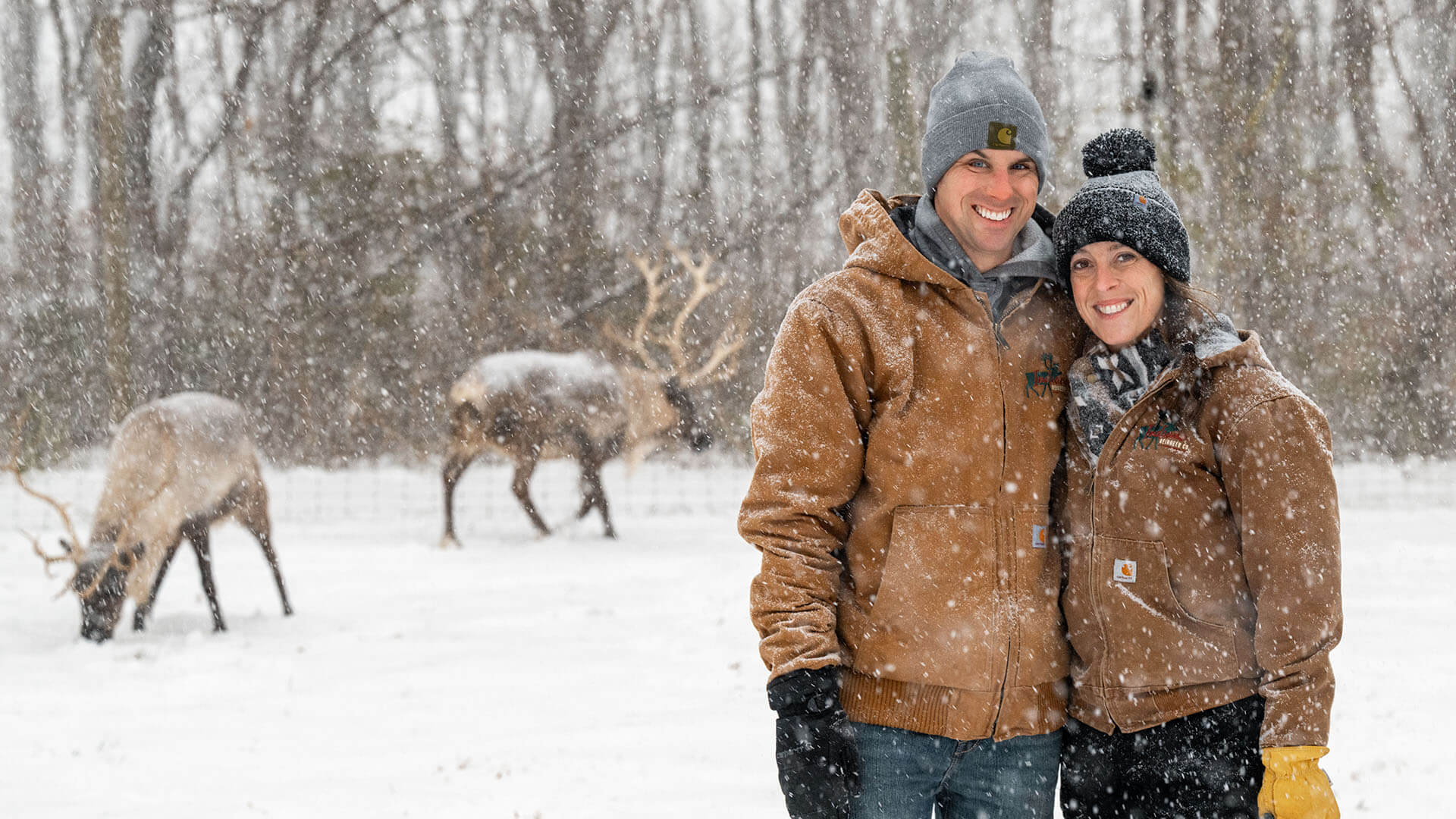How persistent prep and a meaningful internship unlocked dream job at Disney for computer science senior

Niyati Sriram is a recent graduate of the Purdue University computer science program, and she landed her dream job at Disney Streaming.
After having a fellow Indian American woman as her mentor, Niyati Sriram gained confidence and built skills that prepared her for a competitive — and successful — job search
When Purdue University computer science student Niyati Sriram set out to secure an internship for the summer before her senior year, she didn’t put much emphasis on representation. An Indian American, she was used to being one of only a few women among her computer science peers, and one of even fewer women of color.
Sriram felt ready for her internship search because of the world-class education she was receiving in the computer science department. Purdue has been ranked by Times Higher Education as having the eighth-most employable graduates among public universities in the U.S., and companies in Sriram’s industry know that Purdue graduates do great work.
Sriram says she’s been lucky. Her classmates at Purdue are collaborative and supportive. “But,” she says, “there have been instances where people don’t take me seriously.” Someone in her network once suggested an opportunity came her way because she’s a woman and minority — and not because she earned it.
“It’s hurtful to hear,” Sriram says. “When you work hard for something, you don’t want to hear that you got it because of some quota.”
Sriram shrugged it off and accepted an internship with Capital One. Then, she met her manager, Sonal Aggarwal, and everything changed.
A mentor who’s been there
Aggarwal knows what it’s like to be the only woman in the room, too. In her 15 years as a software engineer, six of which were at Capital One, Aggarwal has attended many 50-person all-hands meetings where only two or three sets of hands belonged to women. She has seen even fewer woman leaders in the tech industry.
“Not seeing a lot of women leaders always pinched me,” Aggarwal says. “It makes you wonder, what are my chances? I don’t see someone like me up there.”
When Sriram found out she would be reporting to Aggarwal, she was thrilled. “I didn’t know how valuable it was to have a mentor I could really look up to until I had an Indian woman as my manager,” Sriram says.
Throughout the summer, Sriram worked closely with Aggarwal on both technical and interpersonal challenges.
“I got a great perspective on (Aggarwal’s) career trajectory and what it’s like being a manager,” Sriram says. “She shared what she has to do in a leadership role to be taken seriously. Something she always said was, ‘Don’t think of yourself as a woman in STEM. Think of yourself as a very competent computer scientist.’
It shouldn’t matter at the end of the day. What you look like is not what’s important. What’s important is your work.
Niyati Sriram
BS computer science ’22
Adds Sriram, “It shouldn’t matter at the end of the day. What you look like is not what’s important. What’s important is your work.”
Sriram’s work on cloud architecture at Capital One spoke for itself in an end-of-summer presentation for senior executives. Alongside her three teammates — all men — Sriram fielded questions and comments with confidence.
“Niyati’s team was very thorough. They didn’t just solve the programming problem. They went above and beyond and understood it deeply. It was the best intern team, according to the executives,” Aggarwal says.
At the beginning of the summer, Sriram was worried about whether she would succeed, Aggarwal says. “But by the end of the internship, she was not only technically knowledgeable but also more confident. She didn’t need validation from anyone anymore.”
Moving forward
Sriram’s small steps at Capital One built on the steps she took in class at Purdue, which boasts the first-ever computer science department at a university in the United States. Computer science is also one of the most popular and competitive majors at Purdue. Each moment of growth and discovery during Sriram’s coursework primed her for success in a full-time job search during the fall of her senior year, she says.
Preparation was key — Sriram had her sights set on Disney Streaming.
“I have always been a Disney fan, and I have been saying since the day I got to Purdue that I really, really want to work for Disney,” Sriram says. She also had heard Disney is a great place to work, especially for women. The experience with Aggarwal at Capital One helped her prioritize finding a supportive, inclusive environment in which she could launch her career.
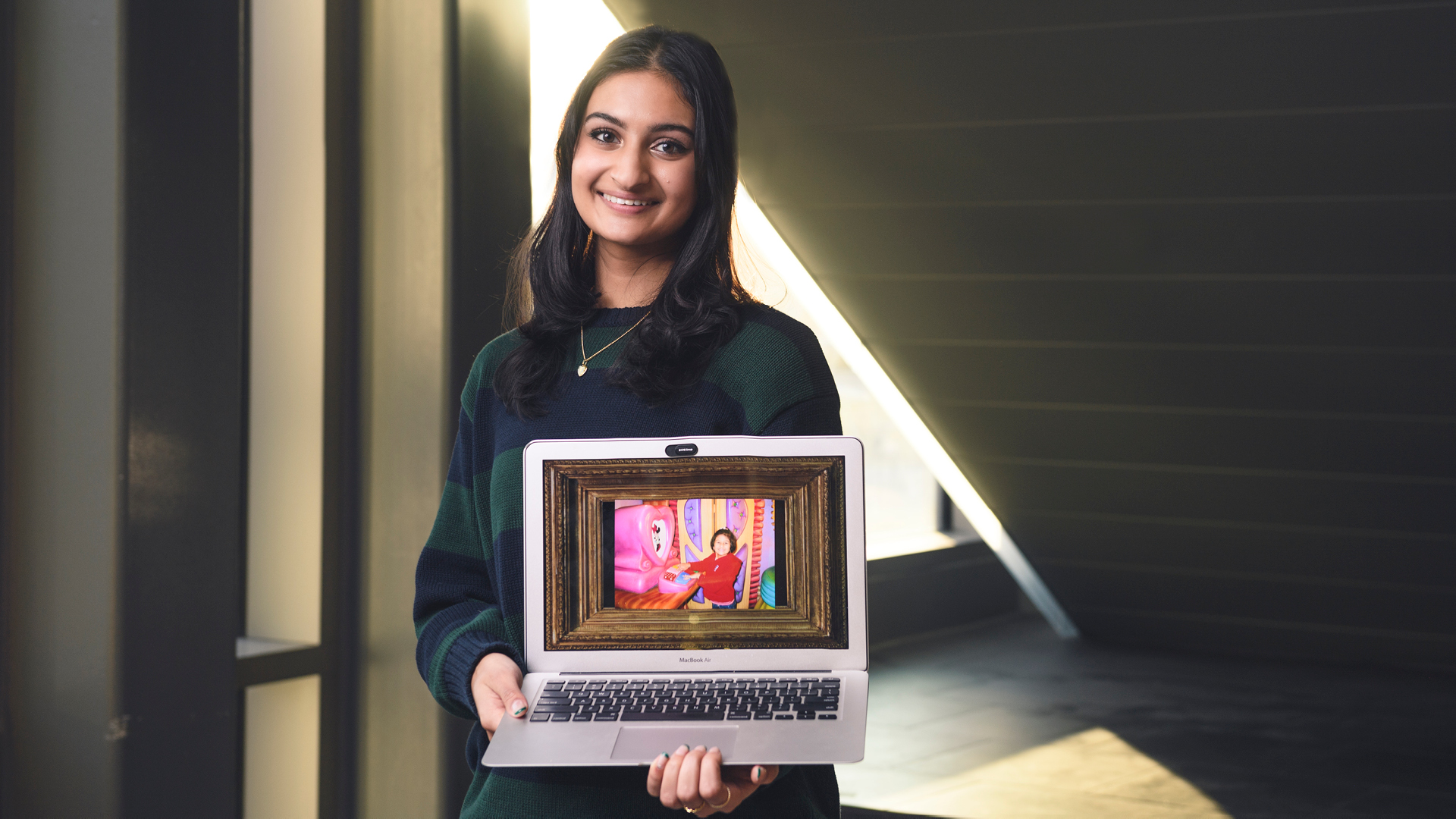
Though Disney was her dream, Sriram knew she had to be realistic about the hypercompetitive nature of computer science jobs.
“It’s crazy. My friends have no idea,” Sriram says of the interview process. After a candidate applies online, for example, they must complete an online coding challenge that weeds out applicants, she explains. Up next is the technical interview, where applicants solve a coding problem in real time in front of an interviewer on a video call.
“It’s stressful because you have to talk the whole time and explain your whole thought process. There should never be a moment of silence. You have to talk as you think,” Sriram says.
After a round or two of technical interviews, successful applicants move on to the behavioral interview. There, candidates answer questions about problem-solving, collaboration and managing team dynamics.
“It is like a game show in some ways,” Sriram says. “After every round, they’ll tell you if you moved on or not, and then you just keep going. I interviewed for one company that had six rounds of interviews. I didn’t end up getting that job.”
Sriram didn’t let the rejections get to her. “I’m thankful because, at the end of the day, even if you don’t get the job, it’s good practice for the next interview,” she says.
Preparing at Purdue
Those many hours of practice prepared Sriram for the most important interview of all: Disney. But when she first read the description of the role, she was worried she might not be qualified. “I thought, ‘I don’t meet half of these requirements. They are asking for two years of industry experience, and I’m just coming out of college,’” she says.
Though the role seemed out of reach at first, Sriram’s confidence grew as she worked through the interview process. A good gauge for whether a computer scientist is ready for a job is how comfortable and confident they feel during the interview process, Sriram says. “The questions they asked me were exactly what I prepared for,” she says. “At no point during my interview was I lost, and my classes played a huge part in that.”
Sriram took several computer science courses at Purdue that taught her how to solve the problems she had to address in her interview.
“Sometimes, interviewers will ask you obscure questions about something technical. I would think back to times in class when a professor said something that was relevant to what the interviewer is asking me,” she says. “Even if the question wasn’t something I hadn’t specifically studied, I had the tools I needed to figure out the answer.”
At the conclusion of the Disney interview process, Sriram felt solid. “I didn’t realize how prepared I really was until I went through it. That’s a testament to my professors and their classes.”
I didn’t realize how prepared I really was until I went through it. That’s a testament to my professors and their classes.
NIYATI SRIRAM BS computer science ’22
Sriram also credits her success to mutual support from her computer science peers at Purdue.
“Having peer support in your classes is really important,” Sriram says. She and three of her classmates worked closely together for three of their four years at Purdue. “When I was studying for interviews or worrying about computer science-specific things, I knew I could lean on them because they’re doing the same thing. We gave each other support, and now we’re all friends as well. I am very grateful to them.”
Sriram and her study group worked on homework together, and if one person got stuck, the group would not move on until everyone got it. “I see that support throughout campus, too. When I came to Purdue, I noticed how everyone is very supportive and collaborative. Even though Purdue is an academically challenging school, everyone is here to support each other rather than going up against each other.”
Sriram’s giant leap
Sriram and her study group helped each other through the demanding job search process as well. She and her peers spent much of Fall 2021 working long hours on both coursework and job applications. “We were all going through the feelings of uncertainty together,” she says.
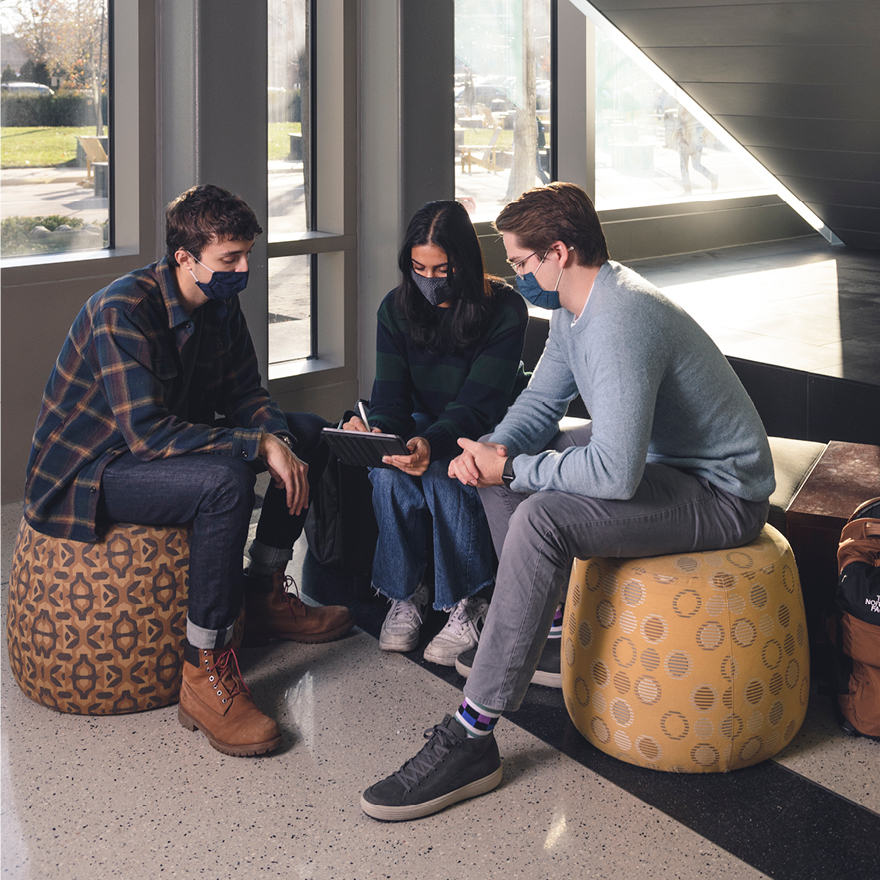
In the end, Sriram applied to over 120 companies and went through more than 40 interview processes.
Her dedication paid off.
Sriram got her dream job at Disney Streaming. She starts in the spring and will be working on machine learning. The best part? Her new manager is also an Indian American woman.
“During my interview with my new supervisor, we spoke about our families in India and how long it’s been since we’ve seen them because of COVID. I really felt connected to her. I’m starting at a really fun workplace, and I’m also working under a manager who I can really look up to personally. I can see myself learning a lot and aspiring to be like her during my time at Disney,” she says.
Sriram graduated in December 2021, and she said closing out her time at Purdue was bittersweet. “I really feel like I found my place at Purdue,” she says. “It took me a while to be OK with graduating early. But now that I know what’s coming next, I feel more ready than ever.”

